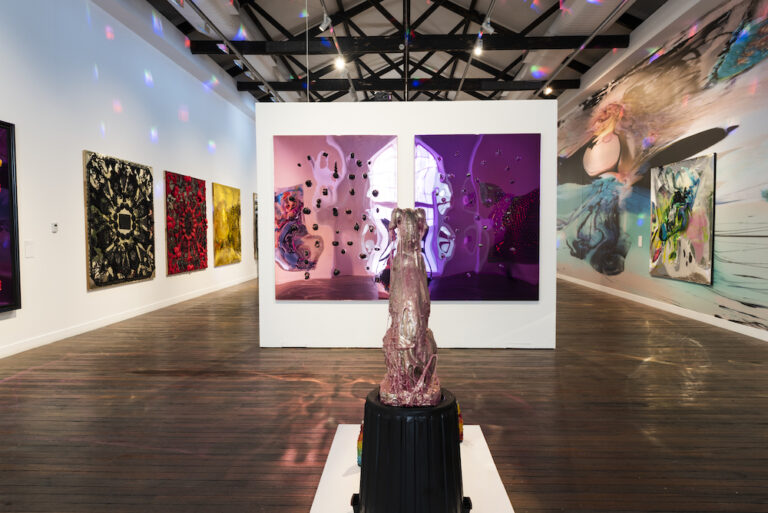
Damned whores tell their side of the story.
OPINION | BY BARBARELLA KARPINSKI
Damned Whores and God’s Police was written by Anne Summers in 1975. This week, the eponymous conference at UTS looks at what that means today. So who are the “damned whores” forty years on?
Originally the term referred to the convict women, many of whom became domestic servants and sex workers, with no rights or choice. Today Summers says that the “damned whores” are the sex workers, lesbians and women who have been incarcerated.
Originally, according to industry insider sources, the UTS conference organisers did not include out sex workers on the panels, only academics speaking about sex workers. My insider sources said the inclusion of workers themselves by the organisers was a late addition, after some lobbying. One of the key slogans of the sex worker movement is “nothing about us without us” – so often academics will make the egregious error of considering themselves experts on the lives of workers.
The lowest price for a full price ticket was $150 for a one day ticket and there were no single session tickets. Eventually when I found out a film was screening I had participated in and produced with the group, about Sex Work in Australia, I just rocked up. Maybe if the conference prioritised social accessibility over the advertised cocktail parties then there could be more diversity of attendees.
This panel was called: 21st century Damned Whores: Sex workers, sluts and deviant women. Although the conference eventually gave sex workers a chance to voice the knowledge gained from lived experience, I question whether classifying sex work within a “deviant” category is really necessary, as sex work is real work, and clients and workers are often ordinary people, not nefarious, not aberrant, but professionals with unacknowledged skills and expertise.
I spoke to Jules Kim, Migration Project Manager from Scarlet Alliance, who also spoke at the conference. Kim is from a Korean background and I got to ask her questions about the parliamentary hearing from her perspective. “Despite the widely held myth of migrant sex workers being tricked into the sex industry in Australia, none of the prosecuted trafficking cases that included sex work have involved deception or trickery of the fact the person would be sex working in Australia. The people in those cases had all known they would be sex working in Australia with many of them having sex worked before in their home country.
“Essentially they were issues of labour exploitation, with the real issue being migrants having difficulty accessing labour rights and sex work not being seen as work. To prevent trafficking we need equitable access to visas, access to translated information and multi lingual support, easy access to industrial right mechanisms and labour protections and most importantly, the decriminalisation of sex work.”
I note that one of UTS’s research affiliations is an anti-slavery project (http://www.antislavery.org.au/). As well as the sex industry, domestic labour, forced marriage, agriculture and the hospitality industry are flagged for anti-trafficking campaigners.
If you believe that decriminalisation is the best practice model then Jules Kim has provided the link to the petition: http://chn.ge/1hFvPvB
The standout session was by Larissa Behrendt, a personal reflection on the first colonial encounters from an indigenous view, mainly about the human rights horrors of the Northern Territory intervention. It got a standing ovation.
Drawing: Convicts in New Holland. By Juan Ravenet (b. c. 1766) Source: Wikimedia Commons










